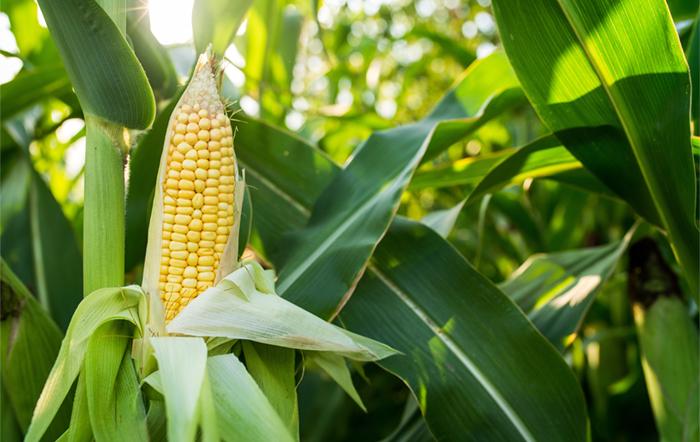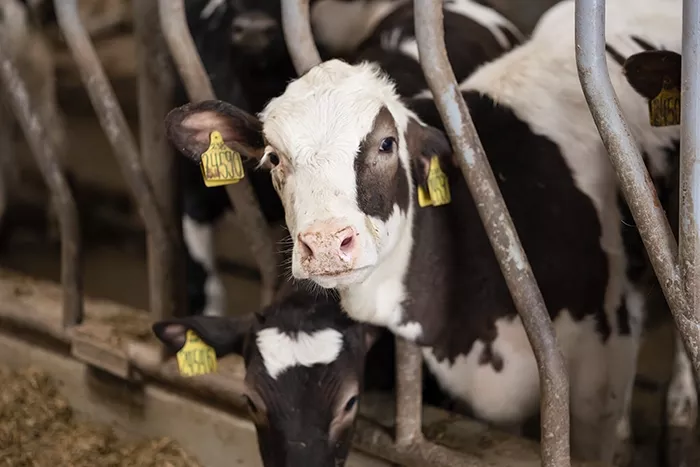The food industry will go to great lengths (and spend a fortune) to lobby policymakers, confuse the public and politicise scientific findings. When scientific evidence indicates the need to phase down environmentally harmful or unhealthy products, the responsible industry pushes back. In an article for The Conversation, Stephanie Walton, DPhil candidate in the School, explores how stranded assets may be motivating this resistance and examines the possible solutions.
News
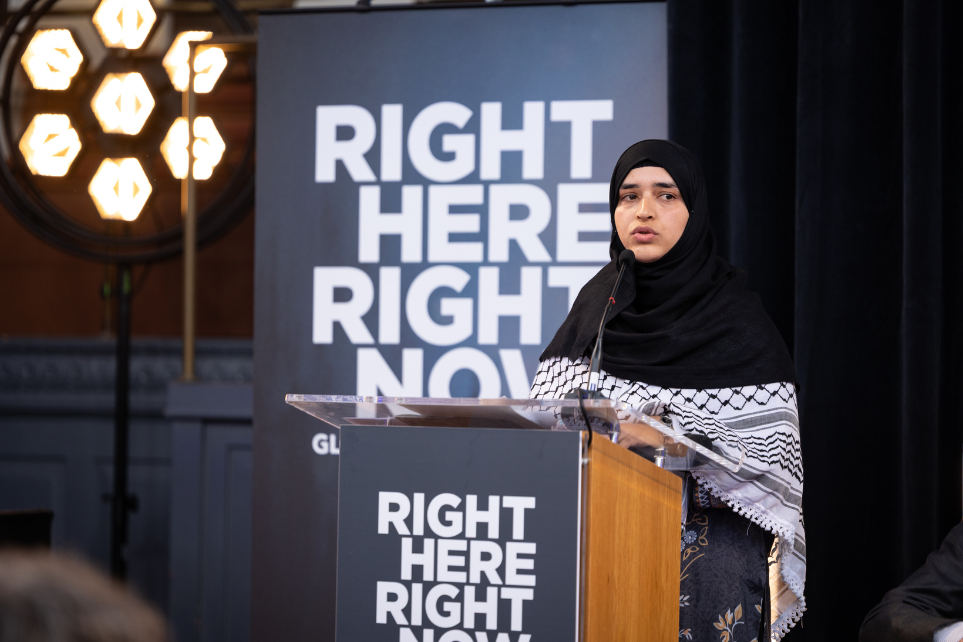
SoGE MSc student Tabina Manzoor gives opening address at Right Here, Right Now climate summit
Tabina Manzoor, a Kashmiri student, researcher, and environmentalist currently pursuing an MSc in Water Science, Policy, and Management at SoGE, served as a student co-moderator at Oxford’s recently concluded Right Here Right Now Global Climate Summit, where she also gave an opening address at the Sheldonian Theatre.
Towards a more resilient London food system
Embedding food resilience in agendas such as climate, planning and health as well as addressing the overlap between income and food access could help London's complex and fragile food system better meet the needs of its growing population. In a new report, food system researchers at the ECI have brought together diverse perspectives to create a set of high-level and specific recommendations to increase the resilience of a complex, dynamic, diverse and potentially fragile food system, in which 99% of the food consumed is imported from outside the capital.
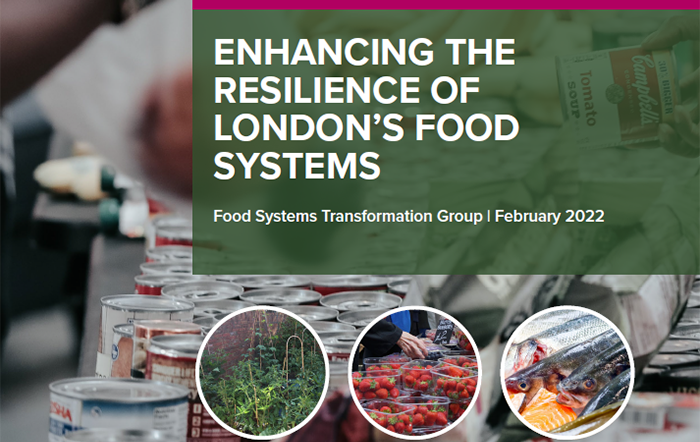
Fossil fuel industry can't rely on carbon capture and bioenergy to save its assets
Fossil fuel power sources producing the equivalent of ten times the global electricity production in 2018 will become unusable if global heating is to be kept below degrees, even if carbon-abatement technologies such as carbon capture and storage, bioenergy, and coal-to-gas conversions are deployed at scale, new research published in Nature Communications has revealed.

From Zimbabwe to Oxford and IFAW: Nelson Mhlanga's conservation journey
Alumnus Nelson Mhlanga, Program Officer for Landscape Conservation at the International Fund for Animal Welfare, talks about his conservation career journey. Last year, he was listed in the Top 100 Young African Conservation Leaders by AWF and WWF
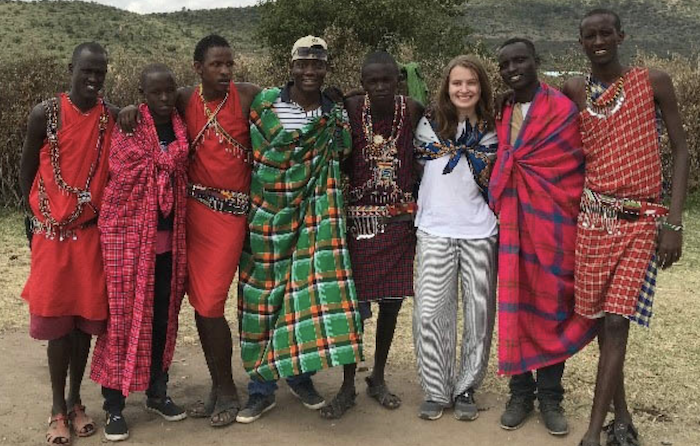
Leverhulme Trust awards £10 million to new Oxford nature recovery centre
A new £10 million Oxford-based Leverhulme Centre for Nature Recovery has today [10 Jan] been announced - one of three UK centres established with a hotly-contested Leverhulme Trust 2021 award. On top of the 10-year Leverhulme funding, the centre, led by Professor Yadvinder Malhi, will receive £5 million in co-funding from the University of Oxford, which will support fundamental cross-disciplinary research.

Don't Look Up shows bashing people over the head with facts does not work
Josh Ettinger, doctoral candidate, explores what the academic literature on climate change communication tells us about the potential impacts of the film 'Don't Look Up' in an article for The Conversation.
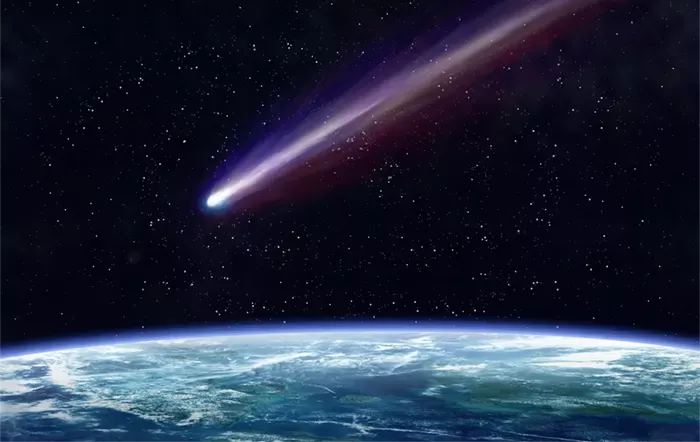
Professor Myles Allen awarded CBE
Myles Allen, Professor of Geosystem Science at the Environmental Change Institute, University of Oxford, has been awarded a CBE in the Queen's annual New Year Honours list for services to climate change attribution, prediction and net zero.
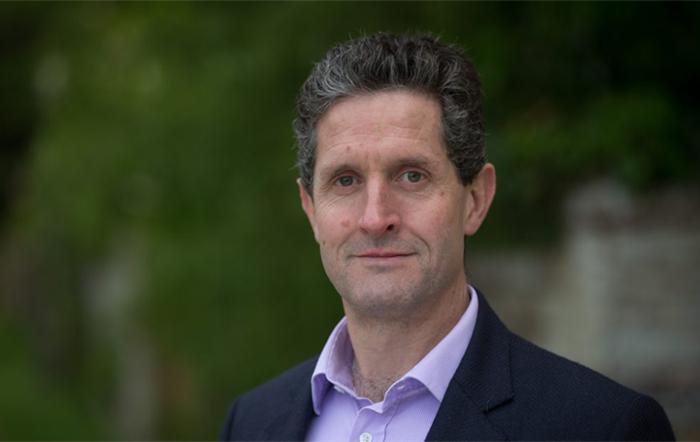
Christmas socialising: three health experts explain how to interpret new advice
Prof Danny Dorling is one of three health experts asked for their thoughts by The Conversation on how to cut down on socialising to slow the spread of Covid-19 in line with the guidance from Chris Whitty the chief medical officer for England.

SoGE joins Fairwork pledge
The School of Geography and the Environment (SoGE) has become a supporter of the Fairwork pledge, to help transform the global gig economy for the better.

Katrina Charles becomes Professor of Environmental Health Risks
We are delighted to announce that Katrina Charles, member of the School of Geography and the Environment, and Sloane Robinson Official Fellow in Environmental Change at Reuben College, has had the title of Professor of Environmental Health Risks conferred on her by the University, in recognition of her academic distinction.
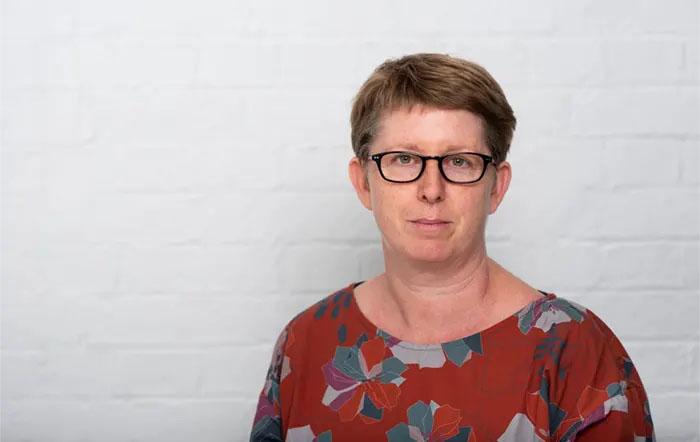
Major report points way to a more resilient UK food system
Government, the food industry, financial investors, charities and researchers all have a key role to play in securing the food system into the future, according to the results of a five-year research programme. The 'Resilience of the UK Food System in a Global Context' research programme's report published today outlines multiple approaches to enhancing resilience and provides tailored messages for a range of key players and responsible stakeholders.
